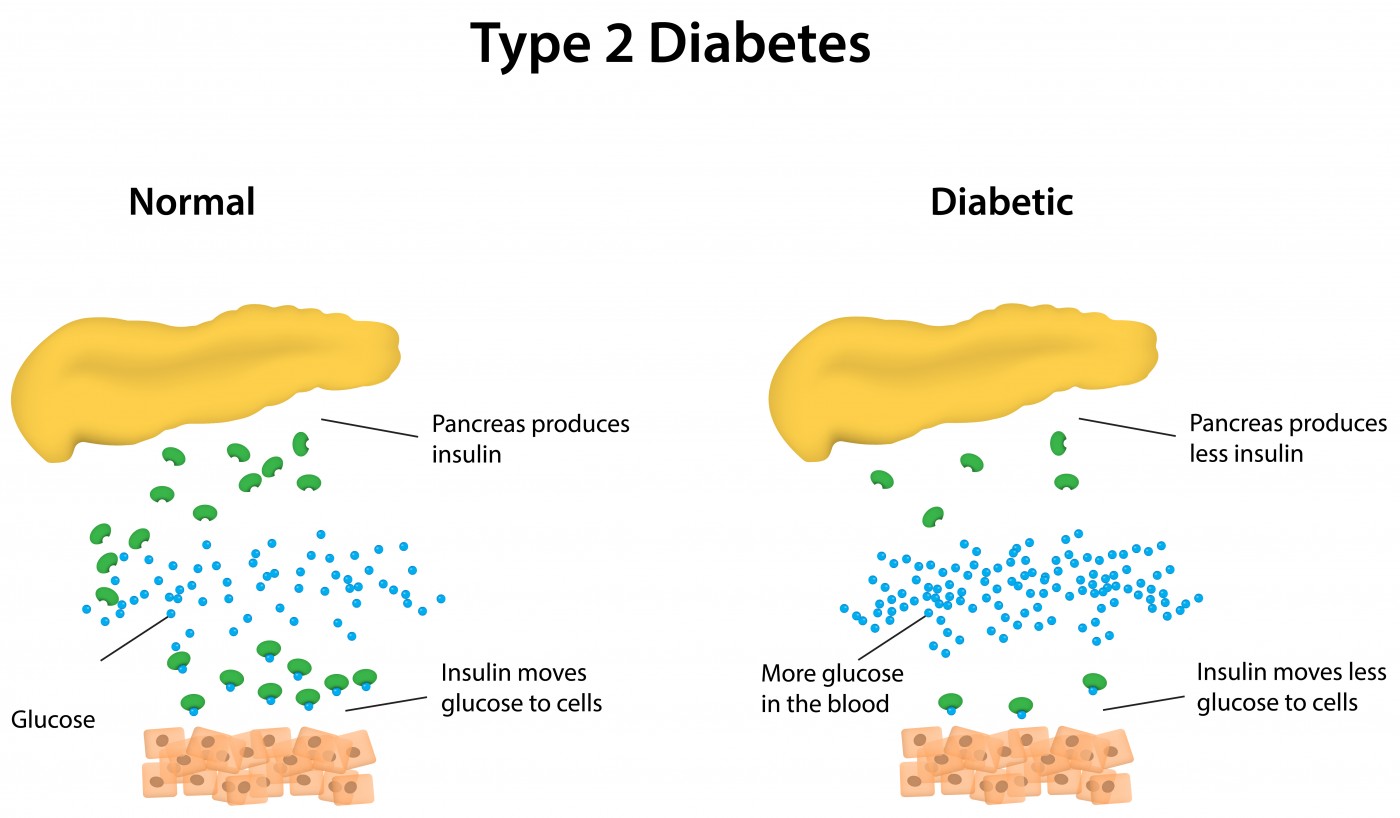In a new study entitled “Health-care costs over 15 years after bariatric surgery for patients with different baseline glucose status: results from the Swedish Obese Subjects study,” researchers suggest that weight loss surgery should be a priority for obese patients with type 2 diabetes since it is effective and diminishes patients’ needs for expensive diabetes medications. The study was published in the journal The Lancet Diabetes & Endocrinology.
Bariatric surgery (obesity surgery) is currently an established priority for patients with high body-mass index (BMI — a measure of body fat based on height and weight). Eligible patients may also include those with lower BMIs but who are suffering from comorbidities, such as type 2 diabetes. However, guidelines for their treatment are not standardized globally.
Despite the fact that several health organizations have suggested that a person’s diabetic status (rather than BMI alone) should be the primary parameter for obese patients to receive weight loss surgery, how bariatric surgery impacts healthcare costs for obese patients with diabetes when compared to conventional therapy is currently unknown.
In this new study, however, a team of researchers determined the healthcare costs over the course of 15 years for patients with obesity and either euglycaemia (a normal blood glucose concentration), prediabetes (when blood sugar levels are higher than normal but not yet high enough to be classified as type 2 diabetes), or type 2 diabetes treated either with conventional therapies or bariatric surgery. They performed the Swedish Obese Subjects (SOS) study, which included 2,010 adults who underwent weight loss surgery and 2,037 matched controls, treated conventionally, and were recruited between 1987 and 2001.
The researchers found that while during the 15 years the accumulated drug costs were approximately the same between surgery and a control group of patients without diabetes, it was significantly lower in surgery patients who had either prediabetes or diabetes. The hospital costs were higher for the surgery group but no differences were registered for outpatient costs.
RELATED : ORBERA Intragastric Balloon Non-Surgical Weight Loss Device Receives FDA Approval
When the team compared total healthcare costs (including surgery costs, inpatient and outpatient hospital care and prescription drugs) in prediabetes and diabetes patients who had undergone weight loss surgery, they observed that the prediabetes patients had higher health costs than the diabetic patients.
The research team highlighted that long-term healthcare costs do not increase in diabetic patients who undergo bariatric surgery when compared to conventional treatments, supporting these patients’ prioritization for bariatric surgery. Dr. Ricardo Cohen, Director of the Center of Excellence for Metabolic and Bariatric Surgery at Hospital Oswaldo Cruz in São Paulo, Brazil noted, “BMI should…not be the only indication for bariatric surgery. Thus, individuals that do not have their diabetes under control with the best pharmacological approach and lifestyle interventions should be prioritised for bariatric surgery, irrespective of their BMI.”

